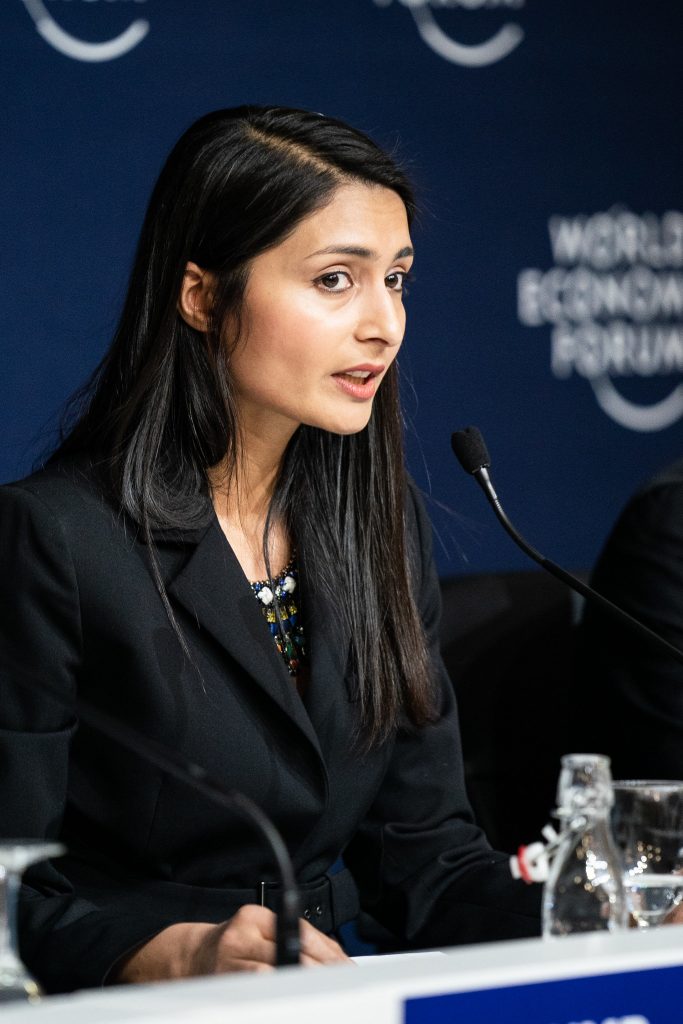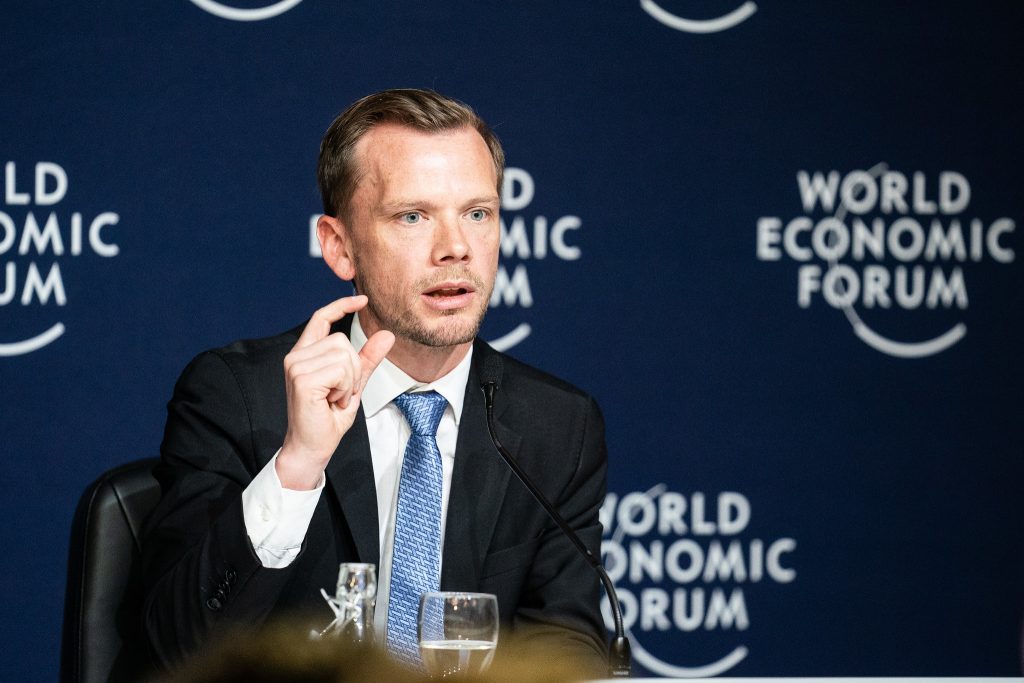A Reskilling Revolution Launched by the World Economic Forum
The World Economic Forum launched a new initiative, the Reskilling Revolution, a coordinated multi-stakeholder effort to provide the training and development to reskill 1 billion people by 2030. More than 1 billion jobs, a third of all global jobs, will be transformed by technology over the next 10 years, according to the OECD. This will require 1 billion people to retrain and reskill by 2030. G20 countries could be putting $11.5 trillion of potential GDP growth at risk over the next decade if the skills demand is not met, according to Accenture estimates. The United States, France, the Russian Federation, India, United Arab Emirates, Pakistan, and Brazil are among the first countries to join the World Economic Forum initiative. On Monday, the Adecco Group announced its new global commitment to upskill and reskill five million people around the world by 2030.

Social mobility: Reskilling the Next Billion Will Require More Training
Many economies are failing to provide the conditions in which their citizens can thrive, according to the World Economic Forum’s Global Social Mobility Index 2020. Denmark’s Minister for Employment, Peter Hummelgaard says the responsibility for upskilling in Denmark is tripartite, between workers, employers, and government. Even though the country is investing a lot of money in reskilling their workforce, Hummelgaard says the major challenge is convincing people to make use of the opportunities. France’s Minister of Labour, Muriel Muriel Pénicaud, highlighted the need to make training available to all. “In all countries, the risk is that people will be left behind”, she said.

Keeping up with AI tech will put pressure on the workforce
Yuval Noah Harari, speaking at a debate on the Humans behind Machines, says the job market should expect some big changes. To fill the estimated 133 million new positions that the evolution of machines and algorithms is expected to create, workers are going to need a very different skillset. According to Harari, the biggest problem for employers and employees will be retraining talent. Due to the way technology is advancing, people will have to learn to reinvent themselves time and time again. This constant need to be adaptable could have a big impact on mental health. Companies need to find a way to help their employees cope with the stress that comes with acquiring new skills and having to learn a new job again and again.

The Talent War Is Driving Inclusivity
Shamina Singh Founder and President of the Center for Inclusive Growth, the philanthropic hub of Mastercard, stresses how important it is for LGTBI people to find a workplace where they can be their true authentic self. She said: “Right now companies like mine are fighting for people like you to come and work for them.” According to Singh, if a company truly values smart workers and talent, they’ll do whatever it takes to be inclusive and get the right people for the job. If an LGBTI employee doesn’t feel like their employer is supporting them to be their best self because of who they are, they should go look employment elsewhere.
New Study Ranks Cities And Countries Based On How Ready They Are For AI
Today the Global Talent Competitiveness Index 2020 was launched in Davos by Insead, the Adecco Group and Google. The Index is published each year and ranks countries and cities based on their ability to grow, attract and retain talent. This year’s edition is themed around the age of AI and how technology is changing the world of work. To learn more about the study, click here.



